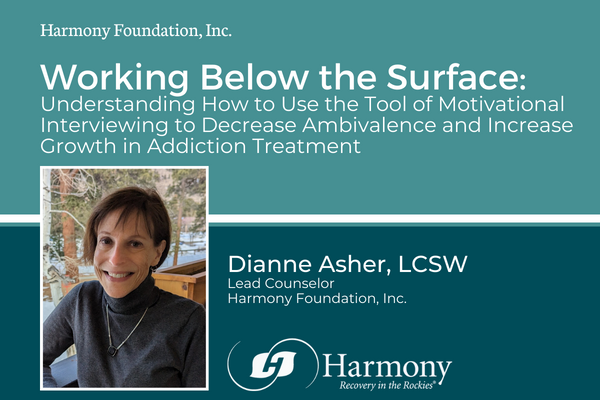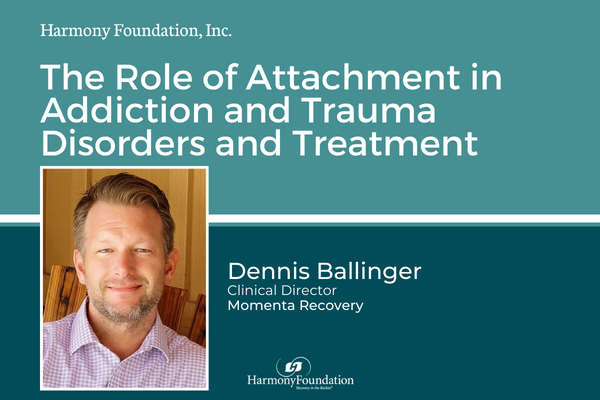Music Therapy and Recovery
*This presentation is no longer eligible for a CEU. In this webinar, Julia Miguel, MT-BC, founder of Therapeutic Melodies and a board-certified music therapist with over a decade of […]
Music Therapy and Recovery Read More »



